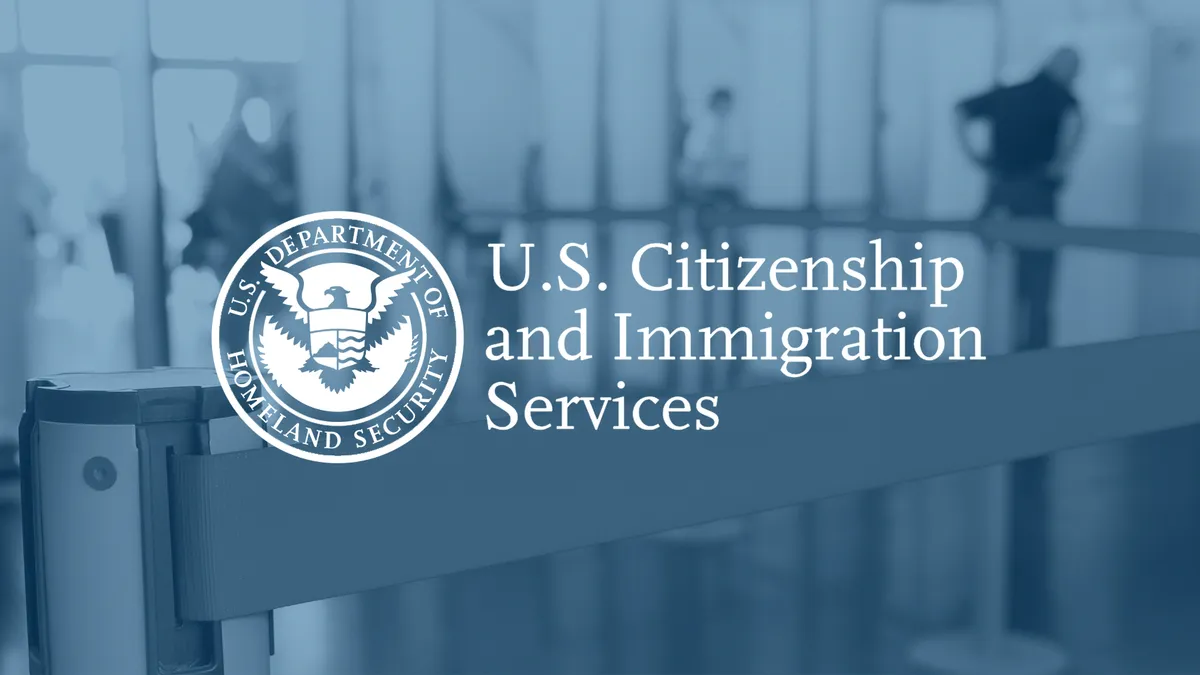Restrictions on the H-1B visa program impact more than a expatriate's livelihood — it effects mental wellbeing and the wellbeing of dependents.
The Trump administration is considering limiting, if not eliminating, the H-4 visa which allows the spouses of H-1B visa holders to work in the U.S. But the move could have unintended consequences, according to research by Pooja B. Vijaykumar, and Christopher J. L. Cunningham, psychology graduate program coordinator and UC Foundation professor of the University of Tennessee at Chattanooga.
Restrictions could lead to "lower overall life satisfaction" for expatriates, based on survey or analysis of 416 Indian IT professionals working in the U.S.
Decreased satisfaction in dependents of H-1B visa holders is ranked as one of the top reasons for expatriate assignment failure, or a premature or ineffective continuation of an expatriate's time at a job, according to the research.
The direct cost of expatriate assignment failure is between $250,000 and $1 million for a U.S. organization. Indirect costs are accounted for in productivity loss, competitiveness in the market and the organization's reputation.
Vijaykumar and Cunningham were able to identify themes in spousal issues including isolation, domestic tension, frustration and low confidence. "My wife feels like she doesn't get due respect among American neighbors who don't understand the visa limitations for work," said one respondent of the research.
As the eligibility rule stands, about 100,000 spouses of H-1B holders could lose their jobs in the U.S. and effectively hurt the U.S. economy, according to the research.
In the future, there should be a "reduction in some corrupt practices" that were involved in H-1B processing in the past.

Pooja B. Vijaykumar
Doctoral student at Kemmy Business School at the University of Limerick
The H-1B visa program has undergone many changes in terms of restrictions and requirements in the last year. As late as March, the U.S. Customs and Immigration Services (USCIS) announced a suspension of premium processing for the 2018 filing season.
Prior to those restrictions, in February the USCIS placed restrictions on H-1B contractors, forcing applicants to prove their candidacy for a "specialty occupation." That is also when the Department of Homeland Security finalized its decision for "extending eligibility for employment authorization to certain H-4 dependent spouses," but under the Buy American, Hire American executive order, experts are expecting changes to persist, according to an agency announcement.
"USCIS is focused on safeguarding the integrity of our immigration system and ensuring its faithful execution so that the wages and working conditions of U.S. workers are protected," said USCIS spokesperson Michael Bars, in an emailed statement to CIO Dive. He added the agency is "committed to reforming employment based immigration programs so they benefit the American people to the greatest extent possible."
There isn't much companies can do to avoid the changes and therefore the impacts on visa holders and their families, according to Vijaykumar, in an email to CIO Dive.
But businesses can support volunteer programs steered toward "community development, transfer of knowledge, provide professional advice and training and work with grass root level organizations," she said. Studies have shown immigrants spend a "substantial" amount of time performing volunteer work.
Still the cap was met this year and the USCIS received more than 190,000 H-1B petitions for the FY 2019 filing season. It was a decrease from the last few years but major tech companies like Amazon, Microsoft, Intel and Google made off with the most recipients of the visas.
Policies are determined by the current administration but FWD.us, which was founded by the same companies that benefit from the H-1B visa program, "have highlighted the financial issues these individuals would likely face if [their] work permit is revoked," she said.
But if changes to the program persist through the remaining years of the Trump presidency, applicants may seek alternative jobs in other countries. Experts agree that qualified candidates will take their skills to other countries.
Alternatively, American-based companies will allow expatriates to continue to work from their native country, thus avoiding the Buy American, Hire American executive order altogether.
However, while Vijaykumar predicts a reduction in Indian IT applicants in the future, she also expects to see a "reduction in some corrupt practices" that were involved in H-1B processing in the past.




















